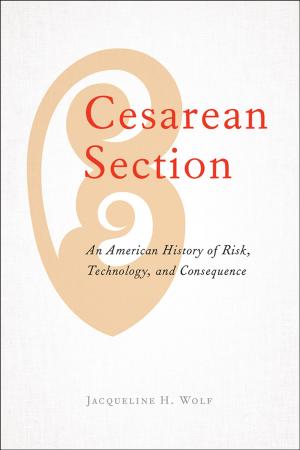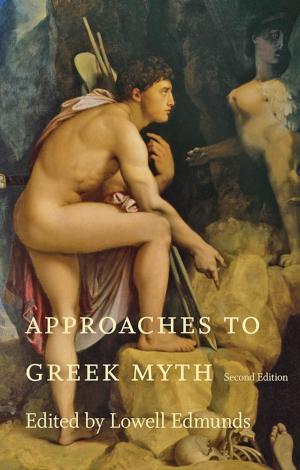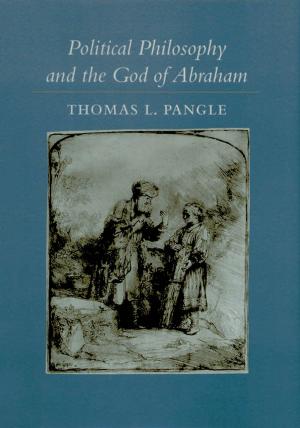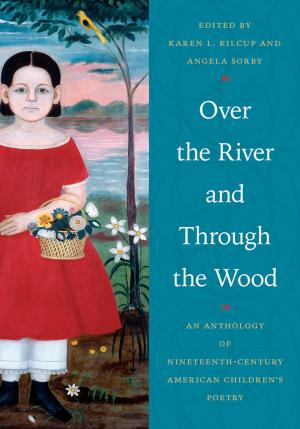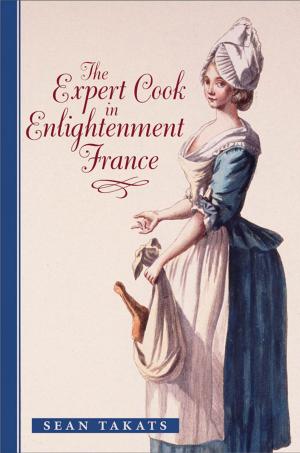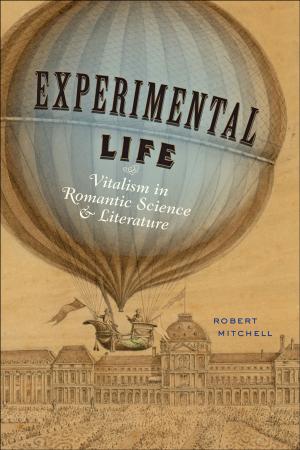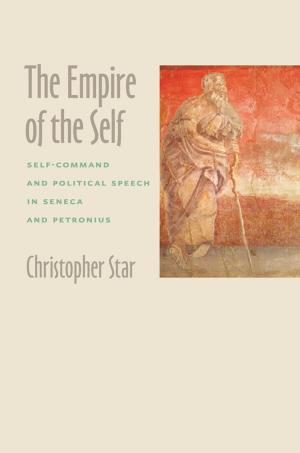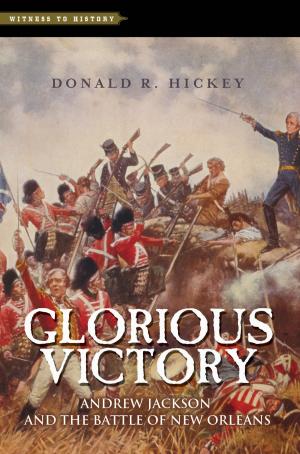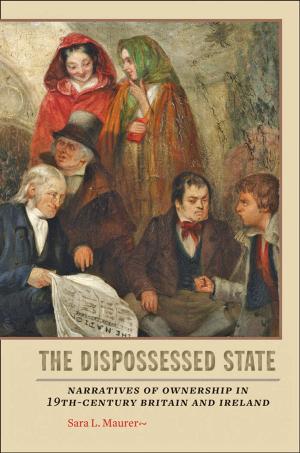Hart Crane's Poetry
"Appollinaire lived in Paris, I live in Cleveland, Ohio"
Fiction & Literature, Literary Theory & Criticism, American, Theory| Author: | John T. Irwin | ISBN: | 9781421403601 |
| Publisher: | Johns Hopkins University Press | Publication: | December 15, 2011 |
| Imprint: | Language: | English |
| Author: | John T. Irwin |
| ISBN: | 9781421403601 |
| Publisher: | Johns Hopkins University Press |
| Publication: | December 15, 2011 |
| Imprint: | |
| Language: | English |
In one of his letters Hart Crane wrote, "Appollinaire lived in Paris, I live in Cleveland, Ohio," comparing—misspelling and all—the great French poet’s cosmopolitan roots to his own more modest ones in the midwestern United States. Rebelling against the notion that his work should relate to some European school of thought, Crane defiantly asserted his freedom to be himself, a true American writer. John T. Irwin, long a passionate and brilliant critic of Crane, gives readers the first major interpretation of the poet’s work in decades.
Irwin aims to show that Hart Crane’s epic The Bridge is the best twentieth-century long poem in English. Irwin convincingly argues that, compared to other long poems of the century, The Bridge is the richest and most wide-ranging in its mythic and historical resonances, the most inventive in its combination of literary and visual structures, the most subtle and compelling in its psychological underpinnings. Irwin brings a wealth of new and varied scholarship to bear on his critical reading of the work—from art history to biography to classical literature to philosophy—revealing The Bridge to be the near-perfect synthesis of American myth and history that Crane intended.
Irwin contends that the most successful entryway to Crane’s notoriously difficult shorter poems is through a close reading of The Bridge. Having admirably accomplished this, Irwin analyzes Crane’s poems in White Buildings and his last poem, "The Broken Tower," through the larger context of his epic, showing how Crane, in the best of these, worked out the structures and images that were fully developed in The Bridge.
Thoughtful, deliberate, and extraordinarily learned, this is the most complete and careful reading of Crane’s poetry available. Hart Crane may have lived in Cleveland, Ohio, but, as Irwin masterfully shows, his poems stand among the greatest written in the English language.
In one of his letters Hart Crane wrote, "Appollinaire lived in Paris, I live in Cleveland, Ohio," comparing—misspelling and all—the great French poet’s cosmopolitan roots to his own more modest ones in the midwestern United States. Rebelling against the notion that his work should relate to some European school of thought, Crane defiantly asserted his freedom to be himself, a true American writer. John T. Irwin, long a passionate and brilliant critic of Crane, gives readers the first major interpretation of the poet’s work in decades.
Irwin aims to show that Hart Crane’s epic The Bridge is the best twentieth-century long poem in English. Irwin convincingly argues that, compared to other long poems of the century, The Bridge is the richest and most wide-ranging in its mythic and historical resonances, the most inventive in its combination of literary and visual structures, the most subtle and compelling in its psychological underpinnings. Irwin brings a wealth of new and varied scholarship to bear on his critical reading of the work—from art history to biography to classical literature to philosophy—revealing The Bridge to be the near-perfect synthesis of American myth and history that Crane intended.
Irwin contends that the most successful entryway to Crane’s notoriously difficult shorter poems is through a close reading of The Bridge. Having admirably accomplished this, Irwin analyzes Crane’s poems in White Buildings and his last poem, "The Broken Tower," through the larger context of his epic, showing how Crane, in the best of these, worked out the structures and images that were fully developed in The Bridge.
Thoughtful, deliberate, and extraordinarily learned, this is the most complete and careful reading of Crane’s poetry available. Hart Crane may have lived in Cleveland, Ohio, but, as Irwin masterfully shows, his poems stand among the greatest written in the English language.



